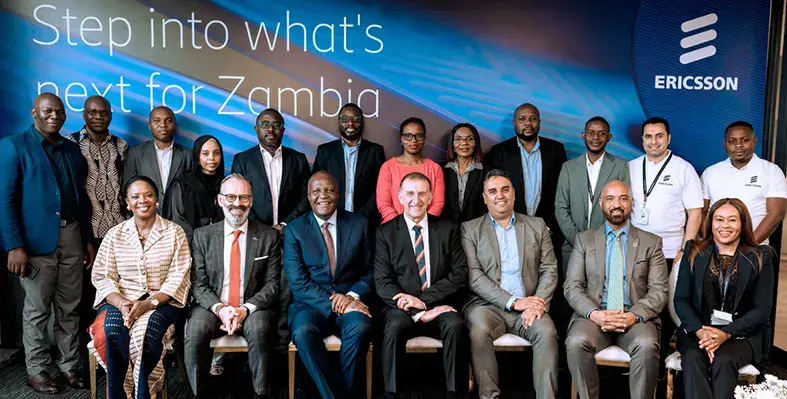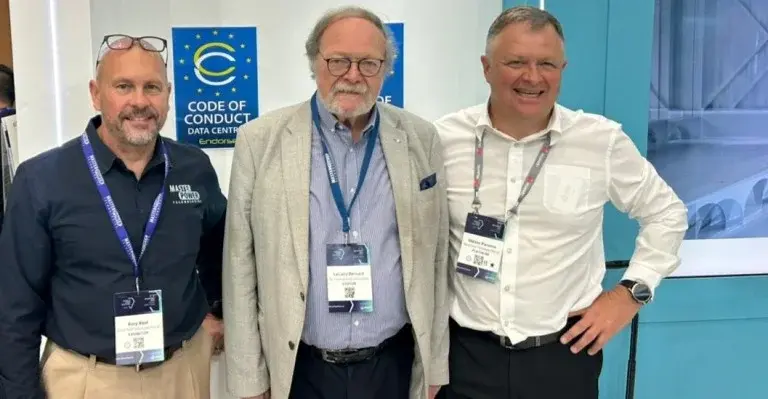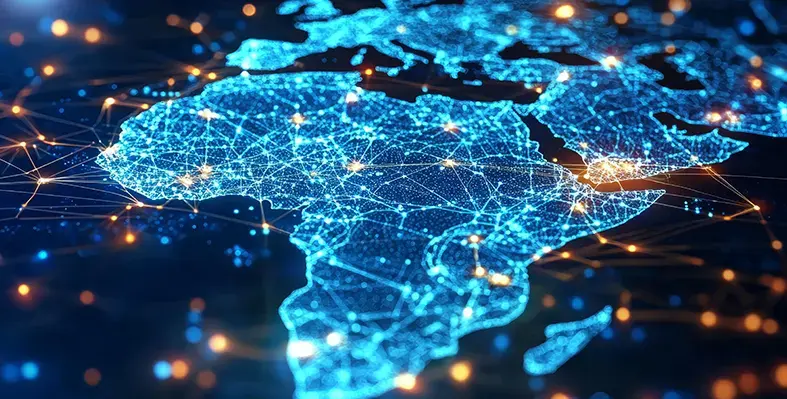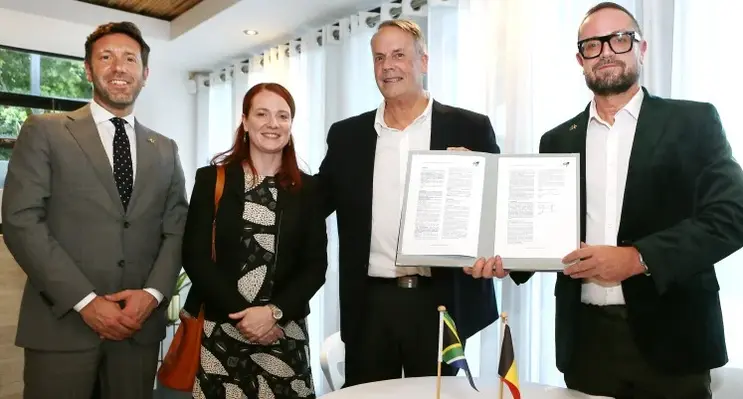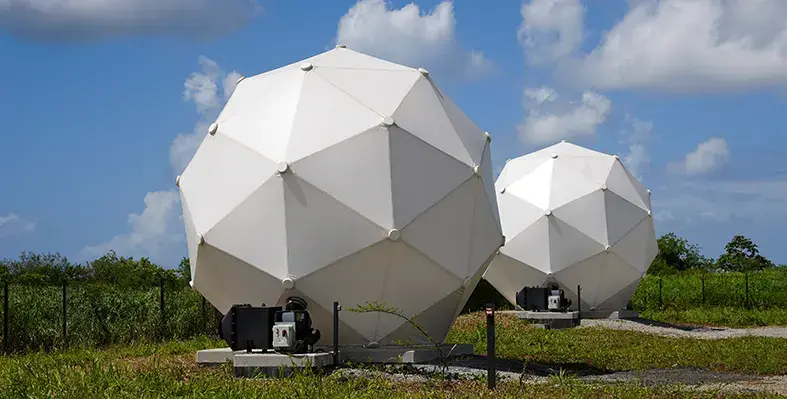Ericsson has officially opened its new office in Lusaka, Zambia, marking a major milestone in strengthening its footprint across the country and wider region
The move aligns with Zambia’s National Digital Transformation Strategy 2023 to 2027 and supports the nation’s push towards advanced, inclusive digitalisation.
The inauguration ceremony was graced by His Excellency Felix Mutati, Minister of Science and Technology in Zambia, His Excellency Johan Hallenborg, Swedish Ambassador to Zambia, Alain Maupin, vice-president and head of Ericsson East and North Africa, along with several distinguished guests.
The new Lusaka office deepens Ericsson’s collaboration with its partners and customers in Zambia. It will help accelerate their digital transformation journeys by giving them access to the company’s latest technologies and solutions, improving talent development initiatives, and expanding Ericsson’s operational presence. Through this expansion, Ericsson aims to deliver cutting edge products that support national digital growth and promote wider digital inclusion.
Felix Mutati, Minister of Technology and Science in Zambia, commented, “Ericsson’s strengthened presence in Zambia marks an important step as we continue advancing our national digital transformation agenda. This development supports our efforts to expand connectivity, empower innovation, and ensure that digital technologies contribute to a more inclusive and sustainable future for all Zambians.”
His Excellency Johan Hallenborg, Swedish Ambassador to Zambia, said, “Sweden and Zambia share a strong partnership built on innovation, sustainability, and inclusive growth. Ericsson’s new office is a testament to the enduring collaboration between our nations, enabling technology to act as a bridge for opportunity and development. This milestone reflects our shared ambition to leverage digitalization as a driver for economic growth and social progress.”
Alain Maupin, Vice President and Head of Ericsson East and North Africa at Ericsson Europe, Middle East and Africa, says: “Establishing a new office in Lusaka reinforces our long-term commitment to Zambia and our ambition to advance digital inclusion across Africa in line with our #AfricaInMotion vision. This presence enables us to collaborate more closely with our partners, customers, and stakeholders, ensuring that our solutions continue to deliver high-performing, energy-efficient networks that meet national connectivity goals.”
With nearly two decades of presence in Zambia, Ericsson has played a key role in advancing the country’s telecommunications sector. The company has supported network operators in expanding mobile services, strengthening connectivity, and enabling the growth of digital services across the nation.



